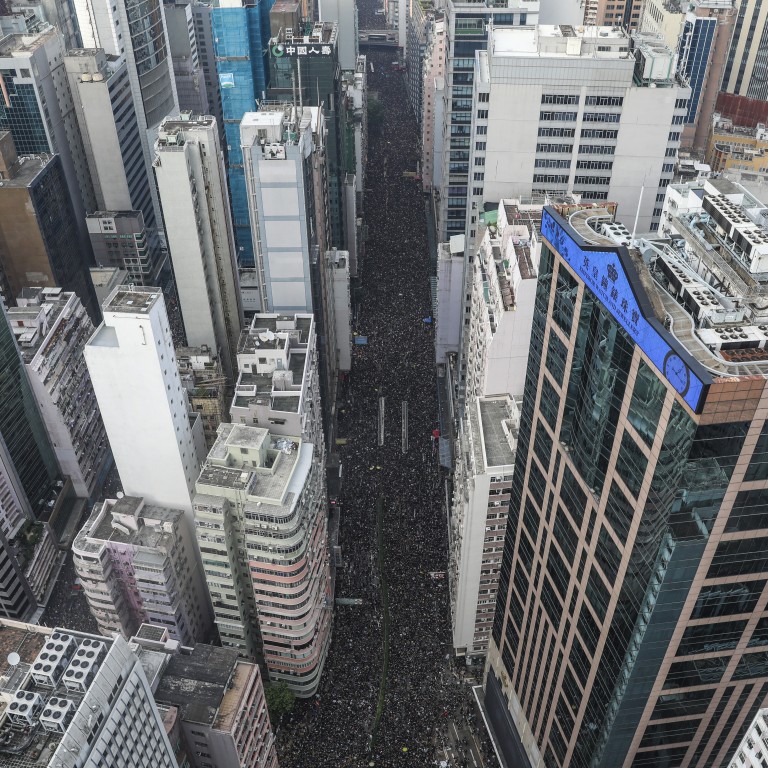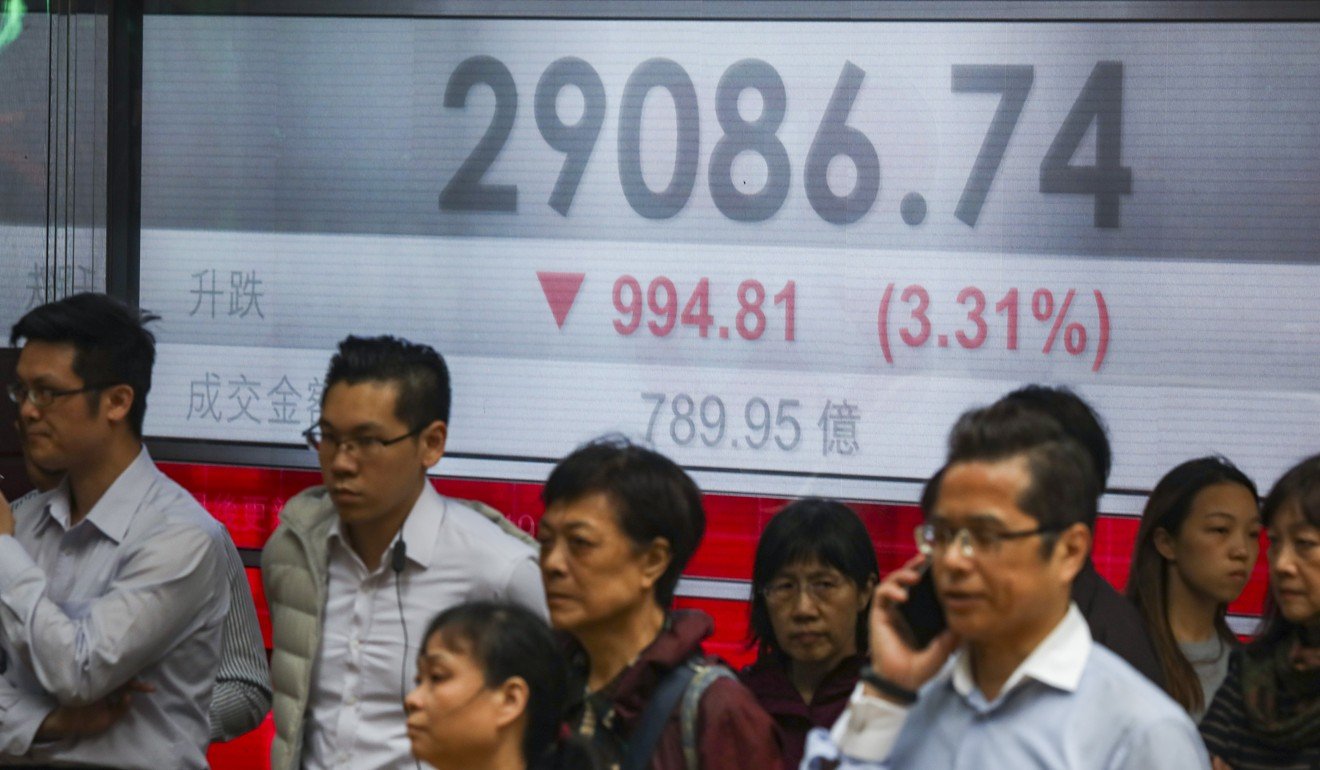
Hong Kong’s extradition turmoil won’t dampen the property market greatly – but China’s economy might
- The city’s property market is correlated to the stock market, which remains robust. Moreover, demand from mainland investors continues to be strong while supply of residential and commercial space is limited
As a keen observer of global markets, I have learned not to be dismissive of political risks, especially those that are downplayed by investors yet have the potential to affect sentiment significantly, and may even pose a systemic threat.
In the past decade, the influence of politics on asset prices has not only increased dramatically – the rise of populism, which led to Britain’s decision to leave the European Union and the election of Donald Trump as America’s president, is the best example – but has also made the world a lot more unpredictable.
For Hong Kong housing, the political instability adds to a list of vulnerabilities that have been weighing on the outlook for the world’s most expensive property market.
Furthermore, a liquidity squeeze in Hong Kong’s money markets – the one-month Hong Kong Interbank Offered Rate (Hibor) has shot up more than 40 basis points since June 10, to 2.41 per cent, its highest level since late 2008 – is putting pressure on borrowers, most of whose mortgages are priced off interbank rates.
Yet, while the protests over the bill are stoking uncertainty about Hong Kong’s governance and business environment, the housing market is unlikely to be a major casualty of the turmoil.
Protest diverts buyers’ attention from Vanke, Henderson flat sales
While other forces are at play, previous dips in the market, notably in 2015, coincided with sharp falls in equity prices. Although it is early days in the stand-off over the bill, the Hang Seng rose 0.5 per cent last week, pointing to the stronger role of external factors, the most important of which is developments in mainland China.

When parts of Hong Kong were paralysed by the pro-democracy Occupy Central protests at the end of 2014, house prices continued to surge. Yet the surprise devaluation of the yuan in August 2015 and intensifying concerns about China’s economy last summer were enough to trigger sharp falls in home values.
This attests to the acute sensitivity of Hong Kong’s residential and commercial property markets to demand from mainland investors and developers, whose insatiable appetite for the city’s real estate has helped push up prices for residential and office properties to the highest levels in the world.
Hong Kong’s new property tycoons face greater expectations
Second, structural factors will continue to keep house prices at lofty levels. As I have argued previously, the acute shortage of supply – particularly when it comes to the construction of smaller and more affordable units – is far and away the most important determinant of home values in Hong Kong. It is also key to resolving the huge imbalances that have built up over the past decade.
Right now, however, Hong Kong’s entire governance is under scrutiny. The surge in political risk will dampen sentiment in the property market, but the much bigger concern is whether Asia’s top financial centre is losing its appeal.
Nicholas Spiro is a partner at Lauressa Advisory

